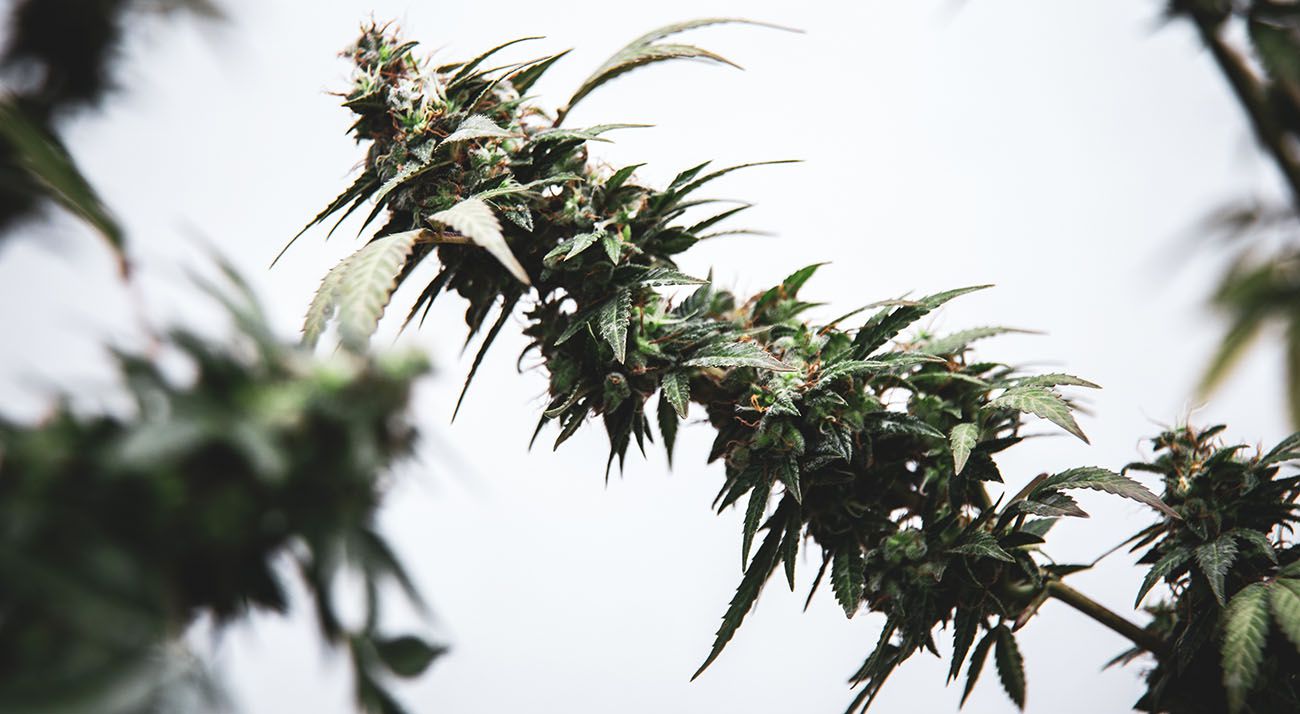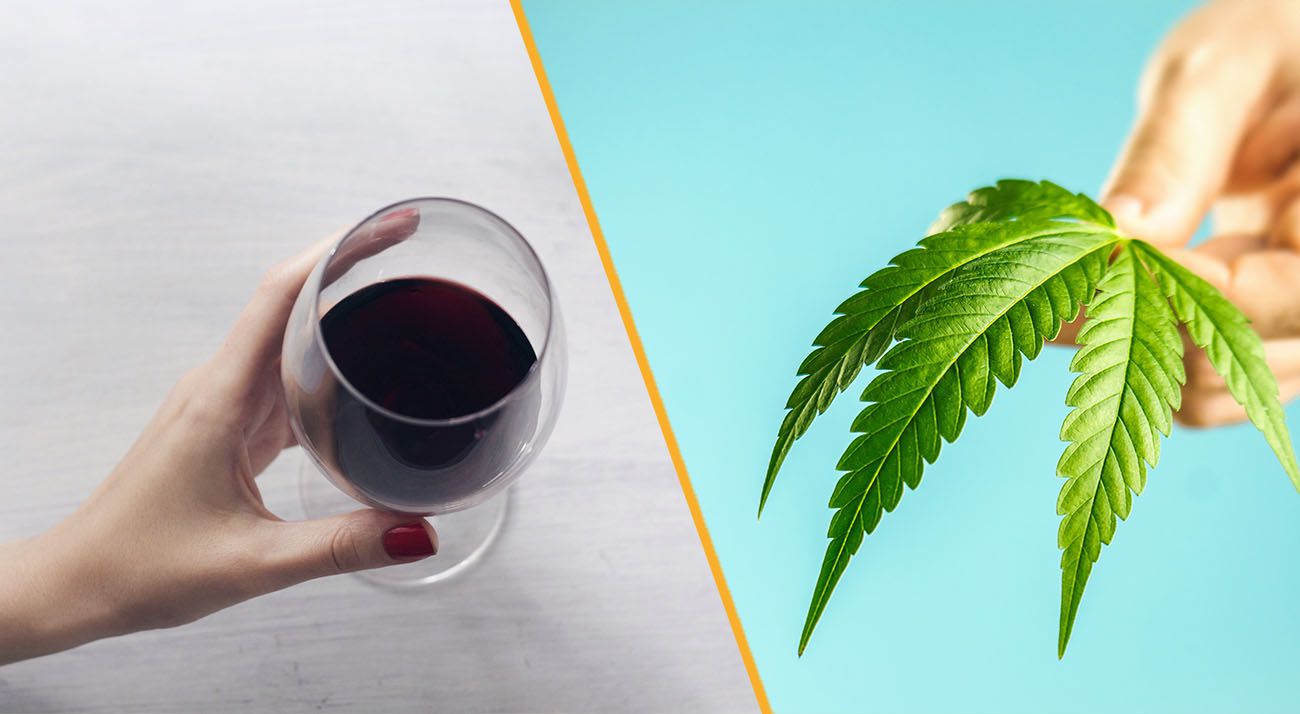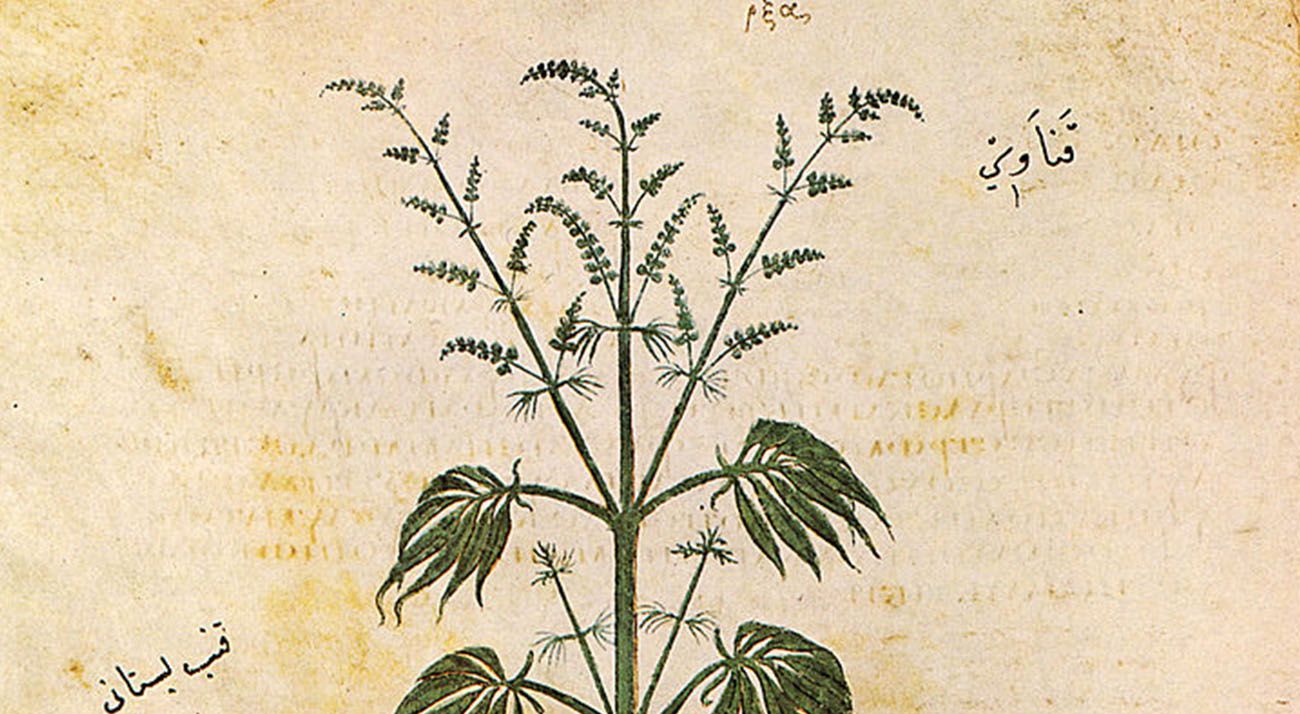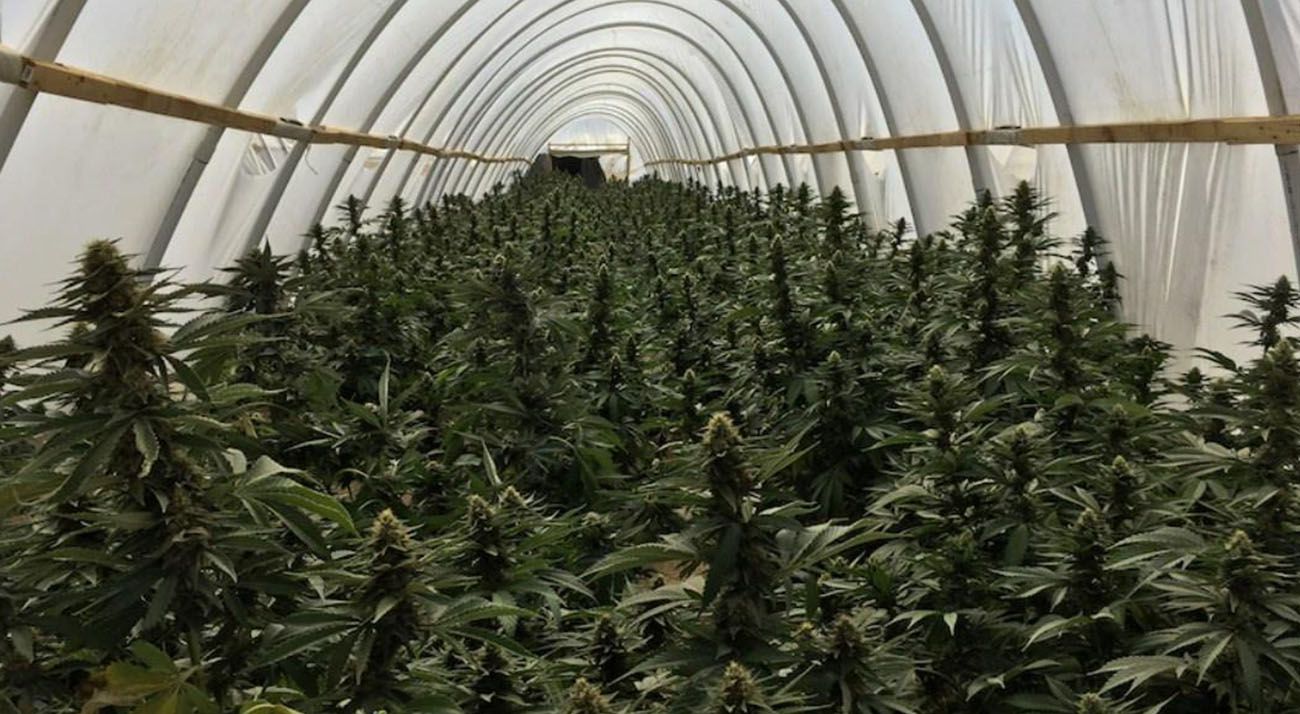A new study from Washington State University (WSU) has found that cannabis with a high potency of THC has no impact on people’s immediate decision-making abilities.
The study is part of a new branch of research that aims to study the effects of cannabis with a high concentration of THC. Across states where cannabis is legal in the US, cannabis users consume cannabis with THC concentrations of up to 90% (though the average is between 10 – 25%). However, little is known about the effects of THC-dominant cannabis – as researchers are limited to using cannabis with 6% THC supplied by the National Institute of Drug Abuse.
However, one study found a way to work around this restriction.
In the study, researchers asked participants to purchase their own cannabis. Participants then used the cannabis in their own homes and completed a series of cognitive tests via Zoom. In total, the study included 80 participants divided into four groups. Group one used cannabis with over 20% THC, group two used cannabis that contained 20% THC and CBD, group three vaped cannabis concentrates that contained 60% THC and CBD and group four did not consume any cannabis.
The tests performed on participants led researchers to discover that cannabis did not impact anyone’s decision-making abilities – as the people who used cannabis performed just as well on decision-making tests as the control group. For reference, these tests examined a person’s risk perception and confidence in knowledge (among other things).
Researchers also noted that while the cannabis users performed worse than non-users on prospective memory tests and temporal memory tests, the difference was not significant.
Interestingly, researchers also found that group two (who smoked cannabis flower with THC and CBD) performed the worst on free recall tests. This contradicts findings from earlier studies that suggested CBD has a ‘protecting effect’ on memory.
According to lead researcher and psychologist Carrie Cuttler, this study shows that cannabis with a really high THC concentration isn’t as inebriating as people previously feared.
I want to see way more research before we come to any general conclusion, but it is encouraging to see that the concentrates didn’t increase harms.
While this doesn’t mean high-THC cannabis isn’t intoxicating, it suggests that people can still make rational decisions while they are high.










The endocannabinoid Anandamide has been shown to impair working memory in rats. Pretty sure it has a similar effect on humans? Not saying that’s necessarily a bad thing.
Anandamide is sensitive to the exogenous cannabinoid THC. Love THC.
The name ‘anandamide’ is taken from the Sanskrit word ananda, which means “joy, bliss, delight”, that’s definitely a good thing! who doesn’t like “joy, bliss, delight” ??
If your in a blissful state on mind I would tend to think…. you think better and would be a kinder person.
Bit’s taken from wikipedia
The receptor in our bodies for Anandamide is called Arachidonoylethanolamine which I’ve been practicing to pronounce this morning… and yesterday…. and now trying to remember it.
I guess all of the above is a bit different from “decision making skills” , but most of my choices are based on experience and memory of them.
Australian Government still believe the Crap from the past saying that cannabis will damage your Body and Mind which isn’t True at all cause They will lose money in the long run with the lose of their shares!
Great study findings, but for the Australian government to have a chance of recognising a study like this it will need to be done by Australian scientific researchers. As our government hasn’t yet recognised the Australian scientific studies already completed.